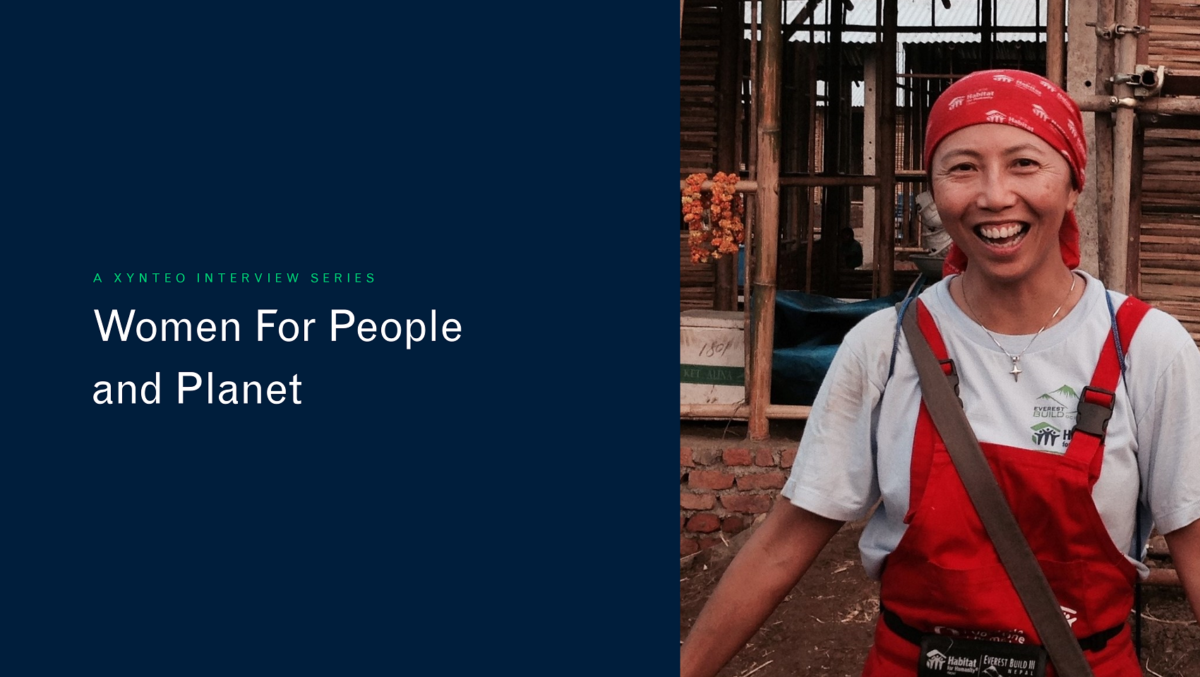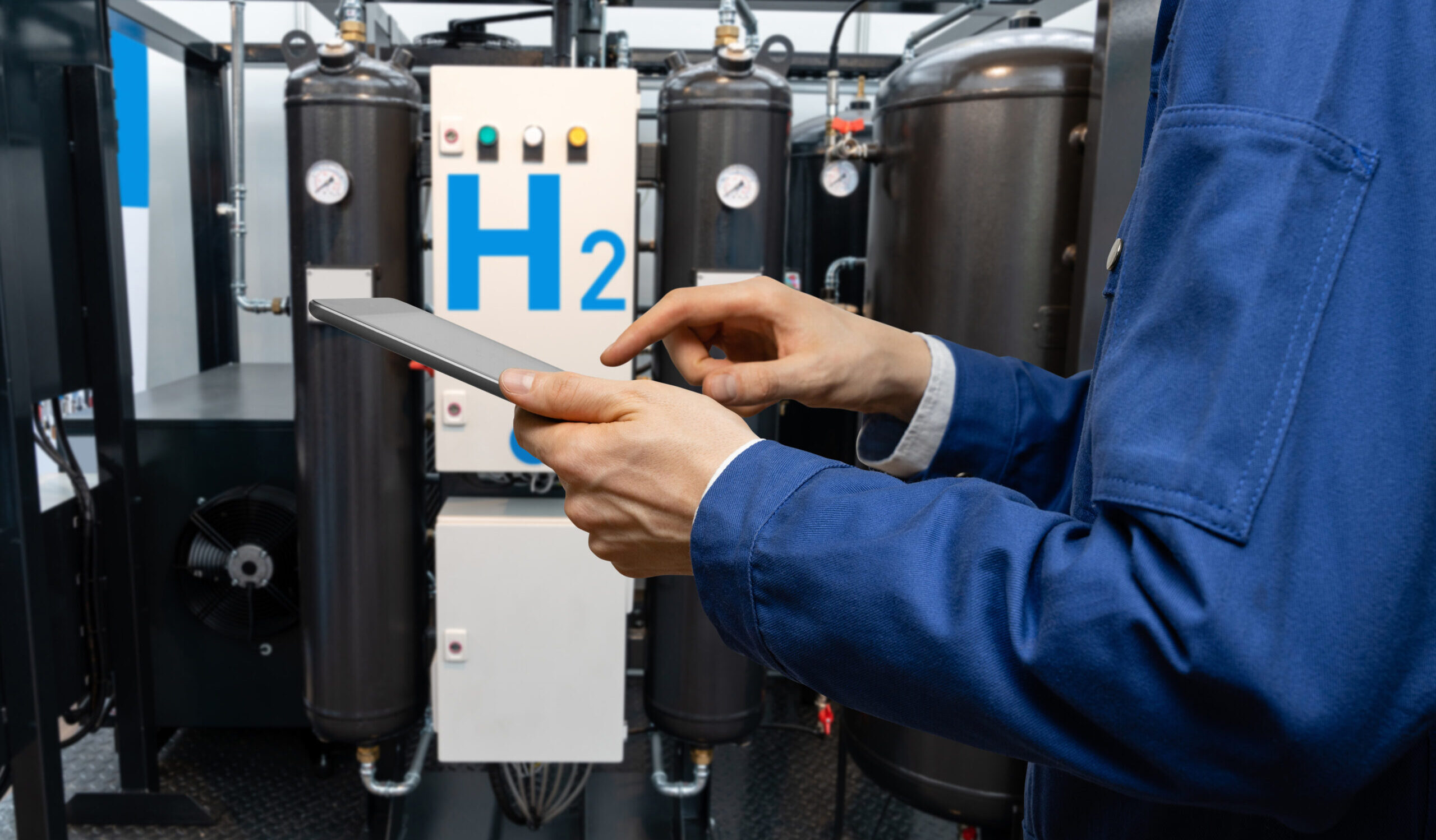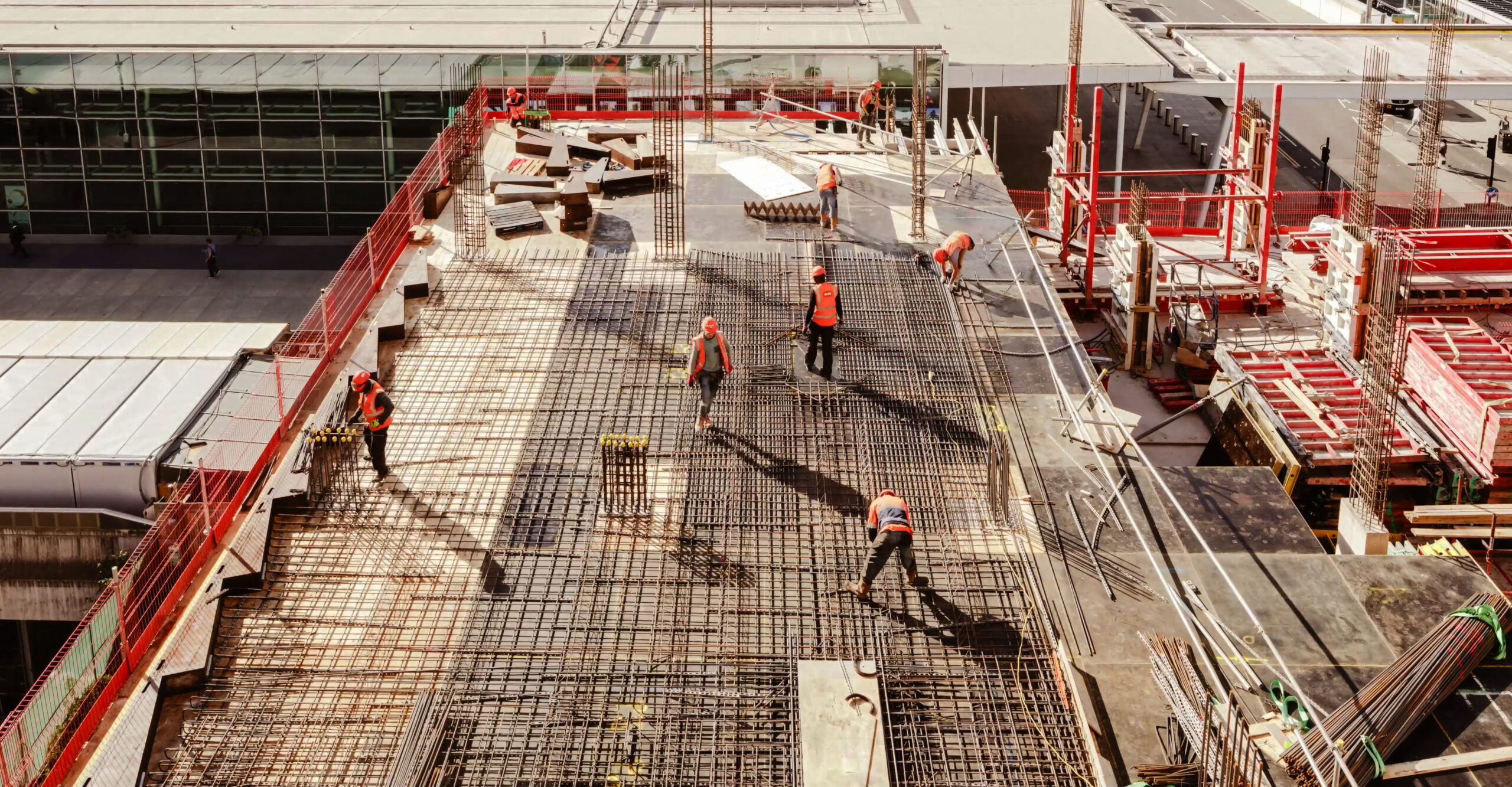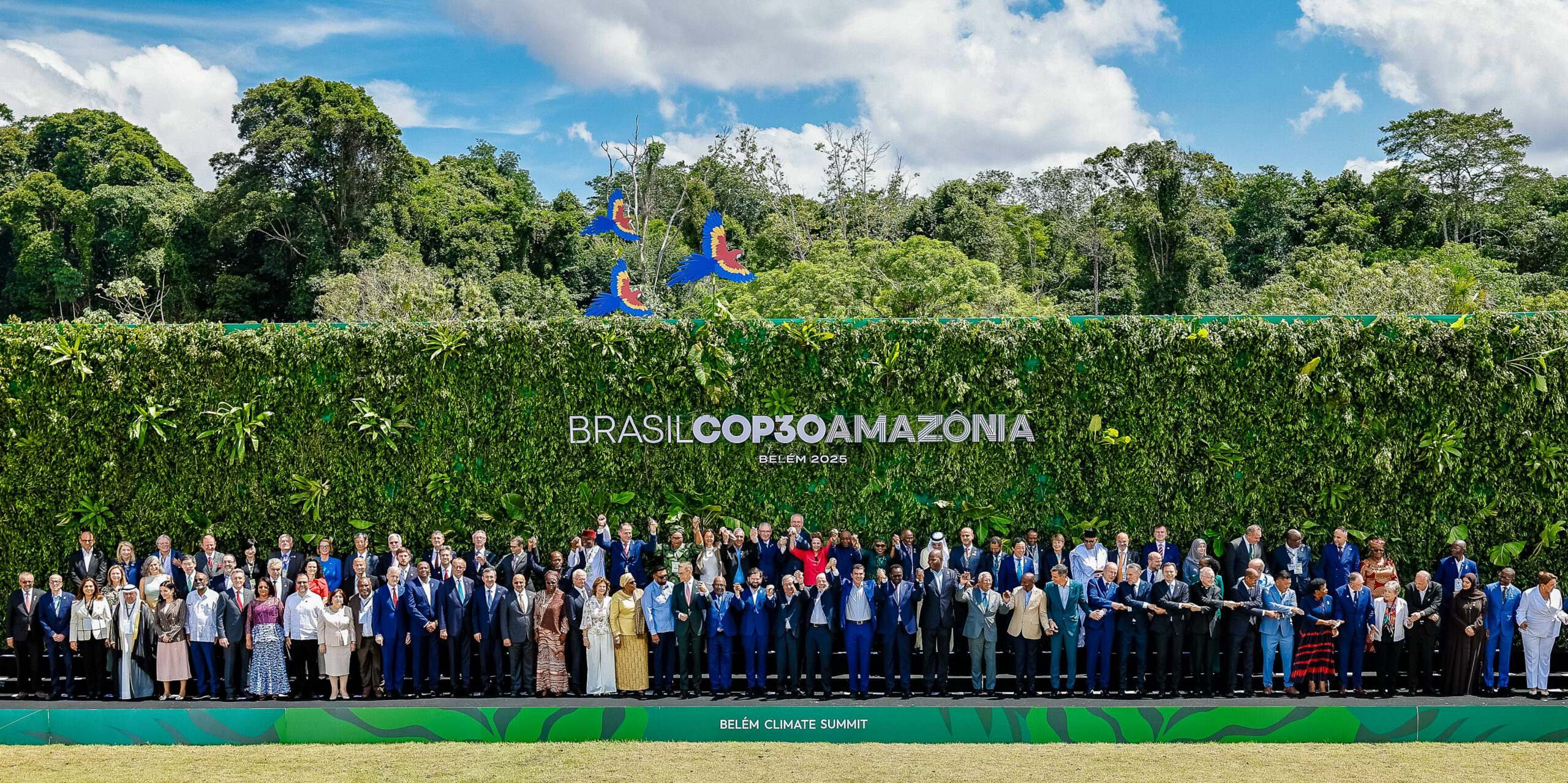Meet Olivia Wong, an authentic human and planet centred business leader who has journeyed from talent guru to environmental champion. While mentoring future leaders, she’s on a mission to make the world a bit greener and a lot more inclusive, and her toolkit includes everything from DEI strategies to blueprints for sustainable homes.
Xynteo’s Lara Tyrrell sat down with Olivia to talk about her journey, what she has learned, and how she sees the future of sustainability in the corporate world.
What does your personal journey towards sustainability look like?
Olivia: I worked with the Swire Group for over 30 years—it was the first job I’ve ever held. Now MTR (Hong Kong) is my second job. So, my sustainability journey is not typical, because that’s not my background. I came in through general management. I’ve done a lot of work around the world. I was posted overseas while working for Cathay Pacific, working in different countries in Europe and Southeast Asia, and I grew up in the US. So, I have an international background just by the nature of my job.
I have always found the sustainability language fascinating. When people first come across the word “sustainability”, they think it’s about looking at the environment and understanding the impact of climate change, but I’ve always thought sustainability has to go beyond this, it needs to encompass how you conduct yourself, and how a business must conduct itself to keep moving forward.
I started to learn a bit more while looking after diversity, equity and inclusion (DEI) for the Swire Group. And that was new—no one had done it before. It was a blank sheet of paper. By then I had helped set up the women’s network within Swire Group, and I was part of the gender equality committee set up by the then Chairman. That’s when I started to learn more about the environmental side because the sustainability report has to include the human factor under the Global Reporting Initiative (GRI). And that was how I dipped my toes into learning more about sustainability.
Now I’ve been in MTR for almost two years. My role is around environmental and social responsibility. I’m responsible for a team of eleven, and we work on environmental and social impact for the organisation.
I find it interesting that people still look at sustainability only from an environmental perspective. We talk about carbon emission reductions, greenhouse gas emissions, climate change and biodiversity, which is great. A lot of numbers and a lot of quantitative data, but what does it actually mean? What impact does it have on human beings and what are we supposed to do as individuals?
On the social side, we talk a lot about equal opportunities, an equitable workforce, how to provide for the community, and the social impact on a community—all very touching, but what does that mean? What is the return on investment? I find that somehow people don’t link the two together. And so, what I’m now trying to do with my team is to bring the environmental and social impacts into a single conversation.
In addition to your professional work, you’ve been actively involved with the NGO Habitat for Humanity for some years, and now sit on the Board of Directors. Has this influenced your view of sustainability?
Olivia: I’ve grown up in a big city, with lots of high-rises! And I was formerly HR Director at one of Asia’s premier property developers – we built beautiful developments with glittering towers in excess of sixty stories – and we always strove to be at the forefront of the sustainable property development field. But having been involved with Habitat for Humanity for a long time has taught me there are many truly sustainable ways of building.
In many locations, especially within Southeast Asia, we use bamboo to build. Bamboo is a very sustainable material. It takes roughly about three or four years for bamboo to mature and for the older bamboo, it takes slightly longer. But the older bamboo has amazing strength. You can use that to build walls and then they are almost indestructible. And we weave younger bamboo to put up a wall or floor. So, if you think about it, some of these buildings are close to net zero. In Cambodia, we use bricks mixed with certain materials that can be hardened in the sun. Effectively we’re using natural energy to make the materials to build a very sturdy house. And that’s how I started to see the merging of sustainability, the climate side, the environmental piece, as well as the lowering of costs into a positive social impact. Plus—we often check back since there’s a lot of natural disaster in the world today. And many of the houses we built are still standing there after earthquakes, big storms and everything.
I think that’s a powerful message—we should think about what we’re doing today in terms of buildings. There are better ways that we can construct buildings to lower our impact on the environment, as well as remain socially sustainable.
What are the skills and experiences that you’ve valued the most on this journey and have equipped you best?
Olivia: The first thing I’ve learned throughout my career is that—cliched as it may sound—change is constant. But once you embrace it and think it’s a good thing, that’s when you start to see the steps that you need to take to meet your objectives.
The second thing is learning from experience is very important. For example, when I first started my DEI journey at Swire, it was completely new. We needed to set up something new people may not have fully understood. So, I needed to find a way to speak their language. And I applied a lot of the things I had learned there in what I’m doing now.
Another thing that I found really powerful over the years is storytelling. It is critical when we are trying to convince people why they should turn off the lights, recycle, or upcycle—not just for the environment or the community—but not be preachy about it. And if you can tell them a story they can resonate with and think, oh, I get that, and now I know why I should do this, then that’s great.
What opportunities have been the most important to making progress in your sustainability journey?
Olivia: I think that because I had the opportunity to work in different countries, I realised that understanding the importance of respect is really critical to bringing people together.
I have a strong team, very passionate people, they are environmental scientists. And I also have a team that is really passionate about the community, wants to do the right thing, wants to be able to bring a more diverse workforce, a more respectful workplace, but also support those within the community that are not as privileged. All of this is great, right? But they often see themselves as separate teams. They’re not able to see the connection. So, it’s important that I apply one of the learnings that I have—because of the opportunity that I’ve been given previously, having worked with different people in different countries—finding common ground. We respect each other. If we become friends, that’s a pure bonus.
What has been your proudest achievement?
Olivia: I think things that I’m the proudest of have to be during the time I spent on talent management and leadership development.
I have had the privilege of helping people, of meeting, interviewing and employing some of the brightest and most amazing young people. And I tell people all the time ‘If I had to be the one that’s applying for graduate roles today, they would never hire me!’. These early career joiners coming in are super bright, very passionate. Yet while they have these bright ideas, one of my roles has been to help them reach the potential that maybe they didn’t even notice themselves, and at the same time to help them see how they can contribute to the organisation so it can move forward.
So, listening, finding ways and opportunities to be a mentor, and watching everyone grow is what I am extremely proud of.
How do you see the future of the CSO role/sustainability teams in the board room?
Olivia: I do not envy people who are only now going into this role – this is probably one of the most important yet challenging roles out there! Especially because we really need to start thinking about the work that people have to do around reducing carbon emissions, how technology is able to help, and most critically marrying this with how much they can actually invest.
While there are still people denying climate change, there are far fewer people that do that these days. But the challenge with today are the political uncertainties. Climate change is a truly global problem – it doesn’t differentiate between country A and country B. But regrettably there are political actors who still seek to weaponize the climate conversation which is very unfortunate, and is holding us back.
And in addition, people now also think, I’m still going to have to invest X, but I’m not necessarily going to get X+. I may actually be getting X minus – because in some transition business cases the financial fundamentals are not yet as attractive as the base case! Is it worth it from a risk adjusted perspective? How am I going to explain this to my investor? Resources are much tighter in the post Covid economy and so these questions are now especially tough.
So, this is where the challenge comes in for the CSO—that it’s no longer “the right thing to do”, but rather it’s a numbers game: What is that X+ going to look like? When are investors going to get a return on this?
In fact, after the pandemic, people don’t seem to talk about DEI or sustainability as much anymore. And of course, you know, in the US affirmative actions are being dropped and there are limitations on abortion rights. But then there are still a lot of people asking about building a more equitable workplace.
So, maybe this is where true collaboration can take place—merging science, numbers, storytelling, so that the impact is far greater.
And that impact actually is X+. The plus is just not purely about dollars, we should look at the plus in terms of humanity and that is where the opportunity is going to come in.
When you look forward to the rest of 2024, what is it that makes you feel most energised?
Olivia: Maybe it’s because of all the uncertainty, because of all the challenges politically around the world, you know, that there is a large group of people that is tired of labels—left, right, conservative, radical, or liberal, and all they really want is some sensibility.
I am energised looking at this group of young people, because even though they are relatively quiet, if you just speak to them in their language in the right way, you will be able to get them to say, well, what can we do to help? They’re mindful. They’re not going to jump into the fire with two feet, right? But then what they’re going to do is to think, all right, you know, I’m going to see what you have to offer me. Give me a pair of shoes so that I can walk on the fire without burning my feet.
And that’s why I’m energised because I see the possibilities!
To be inspired by all our latest interviews, visit our Women for People and Planet interview hub.
Read more
Stay up to date with our latest interviews by following us on social media (LinkedIn I Twitter), or Contact Us to find out how we can help your leaders and organisation create people and planet-positive impact.



